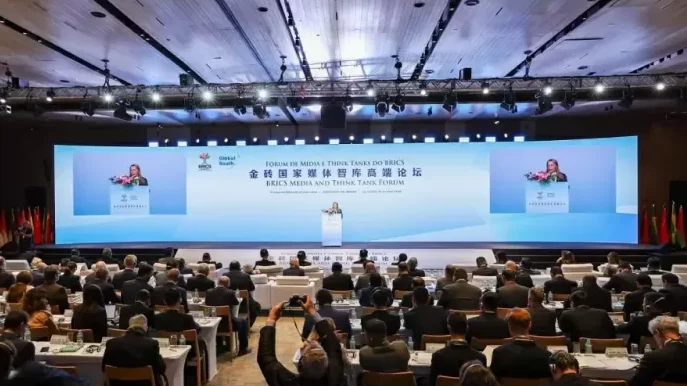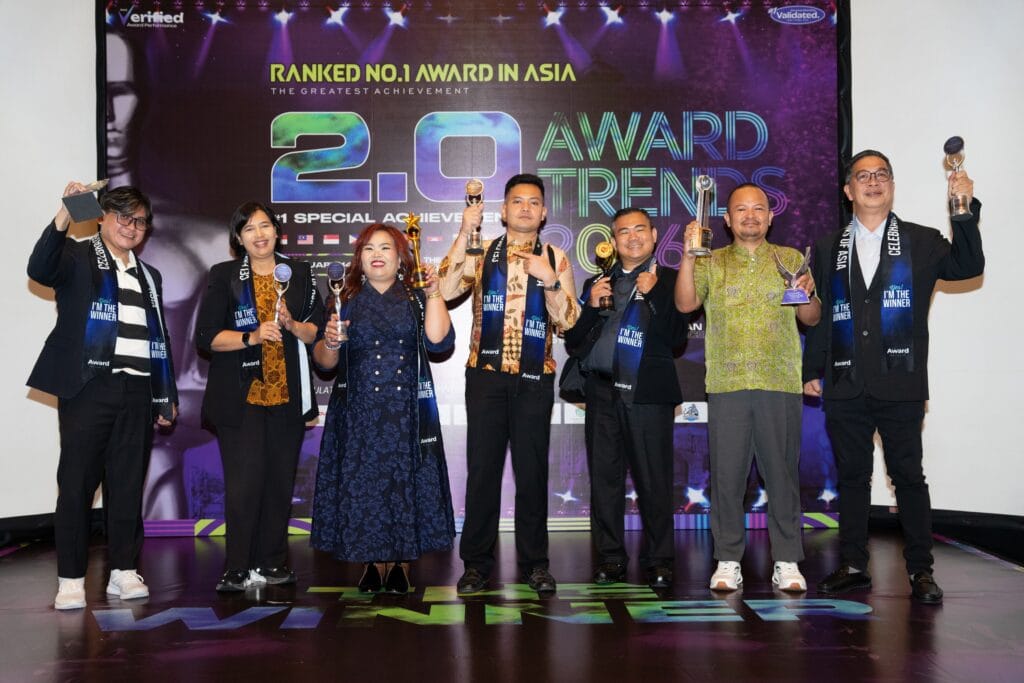Rio De Janeiro – Following the BRICS Summit held earlier in July, the BRICS Media and Think Tank Forum convened in Rio de Janeiro from July 14 to 17, 2025. Hosted at the Grand Hyatt Hotel, the forum brought together 250 delegates from 150 media outlets and policy institutions representing 36 countries.
The event, initiated by China’s Xinhua News Agency, served as a platform to deepen strategic communication ties among BRICS members and partner nations. In attendance were representatives from core BRICS countries—Brazil, Russia, India, China, South Africa—as well as recent members and regional partners such as Egypt, Ethiopia, Iran, Indonesia, and the United Arab Emirates.
Fu Hua, President of Xinhua, emphasized the forum’s goal to amplify the voice of the Global South through cohesive media collaboration and AI-driven dissemination. “Strengthening the South’s narrative on global platforms requires not only shared values, but shared infrastructure in information flow,” he stated in his opening remarks.
The forum positioned itself as a catalyst for rebalancing global discourse, which many speakers noted has long been dominated by Western institutions. Professor Martin Jacques, a noted China scholar, highlighted the political tension surrounding BRICS’ rise. “This coalition is becoming increasingly formidable—so much so that we’ve seen strong pushback, especially from the United States,” he remarked, referencing tariff threats from President Trump’s second term as indicative of deeper geopolitical anxieties.
Jacques further drew parallels between BRICS and the spirit of the 1955 Bandung Conference, calling the bloc a modern extension of South-South solidarity. “What we’re seeing today is a strategic echo of post-colonial alignment—only now, the South is equipped with data, influence, and connectivity,” he added.
Delegates to the forum included senior journalists, academics, government officials, and corporate leaders. Indonesia’s delegation featured media professionals from outlets such as The Jakarta Post, Kompas.com, Sindonews, and Pikiran Rakyat, as well as think tank representatives from the Global Development Research network.
In a key announcement, Fu Hua unveiled the Global South Joint Communication Partnership Program, a multi-stakeholder initiative to foster cross-border media alliances, academic exchange, and government-industry coordination. The program aims to institutionalize the South’s media ecosystem to better counterbalance prevailing global narratives.
As BRICS continues to evolve beyond economic cooperation, its media and communication strategies are emerging as vital components of soft power. The Rio forum demonstrated a growing consensus: shaping perception is now as critical as shaping policy.









